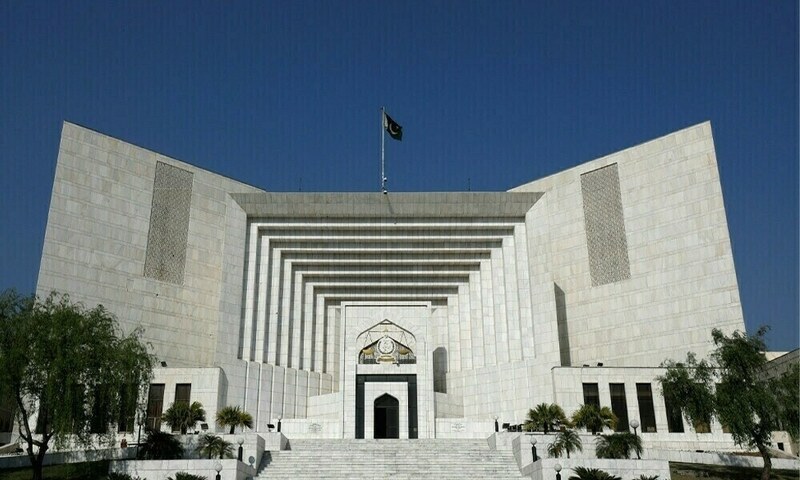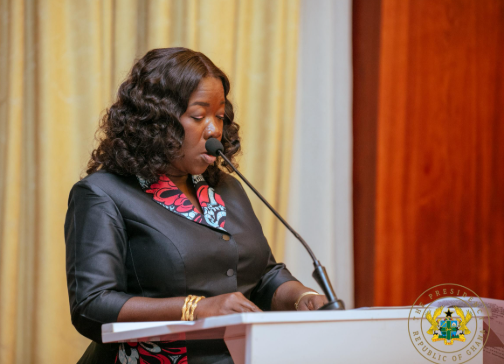By Terence J Sigamony
Copyright brecorder

ISLAMABAD: The Supreme Court declared that a judge of the same court cannot issue any kind of writ nor can he take any action against another judge of the same Court.
A six-member bench, headed by Justice Jamal Khan Mandokhail and comprising Justice Muhammad Ali Mazhar, Justice Athar Minallah, Justice Syed Hasan Azhar Rizvi, Justice Shahid Waheed, and Justice Musarrat Hilali, on Wednesday, issued the detailed judgment of their short order dated 27-01-2025.
The judgment, authored by Justice Mandokhail, said; “A judge of the Supreme Court or of a High Court is not answerable to a judge of the same Court.” “If a Judge of the Superior Court cannot issue a writ to another Judge of the same Court, how can a judge be given power to issue a direction or initiate proceedings under Article 204 (2) of the Constitution against a sitting judge of the same Court and punish him for committing contempt of court?”
SC returns CPs of five IHC judges
The judgment noted that though judges of the Superior Courts are generally protected by judicial immunity for their judicial work and administrative functions with respect to the affairs of their respective Courts, this protection is not absolute. It does not shield them from the consequences for misconduct, which is a matter of judicial administration or discipline.
However, the allegation of misconduct against a judge of the Supreme Court or of a High Court can only be inquired into and dealt with under Article 209 of the Constitution by the Supreme Judicial Council (SJC).
It maintained that sub-Article (7) of Article 209 of the Constitution bars any other forum from inquiring into matters of misconduct against a judge of the Supreme Court or of a High Court. The process of contempt of Court against a Judge under Article 204 (2) of the Constitution would be in direct conflict with Article 209 (7) of the Constitution; hence, constitutionally not permitted.
The judgment said it is well settled that part-heard matters may not be transferred through an administrative order, unless the Constitution, the law, or the rules so permit. However, during the pendency of a case, if the jurisdiction of a court is taken away through amendment in the Constitution or law or through new legislation, the Court where the matter is pending or is treated as part-heard, loses its authority to take any further action on the matter, hence, must stop proceedings.
It also said, “A Judge(s) or a Bench (es) cannot direct the office or either of the Committee to fix a particular case before itself, which is not within its jurisdiction or as per the roster is not fixed before the said bench nor can withdraw any matter which is already pending before another bench.”
The judges are bound by their Oath, the Code of Conduct of the Judges, the law, and the rules. Strict adherence whereof is essential for maintaining judicial discipline and the smooth functioning of the court. If every Judge of the Supreme Court or of a High Court starts picking and choosing cases for disposal by him, without following the practice and procedure in vogue, of their respective Courts, the discipline in the Court will be damaged, which will erode the public trust, and the ultimate sufferer will be the public at large, observed the judgment.
Brief facts of the case are that through Civil Petition bearing No. 836-K of 2020 along with other petitions, the vires of sub-section (2) of Section 221-A of the Customs Act of 1969 was challenged. This Court on 06.05.2021 issued notices to the respondents and to the Attorney General for Pakistan under Order XXVII-A, Code of Civil Procedure (‘CPC’).
On 13.01.2025, the counsel for the petitioners pointed out that pursuant to the 26th Constitutional Amendment, the three-member regular bench (headed by Justice Mansoor Ali Shah) cannot proceed with the matter. The regular bench instead treated the petitions as part-heard and directed the office to fix them before the same bench on 20.01.2025, but the needful was not done.
Consequently, the regular bench initiated contempt proceedings against the Additional Registrar (Judicial). However, after considering his reply, the bench withdrew the notice. The regular bench, while discharging the notice against the appellant (Additional Registrar), decided to refer the Crl.OP (petition) to the Chief Justice of Pakistan for convening a Full Court for proceeding contempt of court proceedings against members of the committees constituted under the Supreme Court (Practice & Procedure) Act, 2023, and the other under Article 191A (4) of the Constitution 1973.
The judgment observed that the members of the regular bench did not even take into account the principle of esprit de corps (common spirit existing in the members of a group). It said had the regular bench before passing the order dated 27.01.2025 and issuing the process of contempt of court, contacted members of the committees, the present uncalled-for event could have been avoided.
The judgment also noted that it is not understandable as to what had prevailed upon our brother Judges while issuing the process against members of the committees. Once the notice against the appellant was withdrawn, upon which the Crl.OP was registered, and nothing was left for the regular bench to proceed any further.
Copyright Business Recorder, 2025



